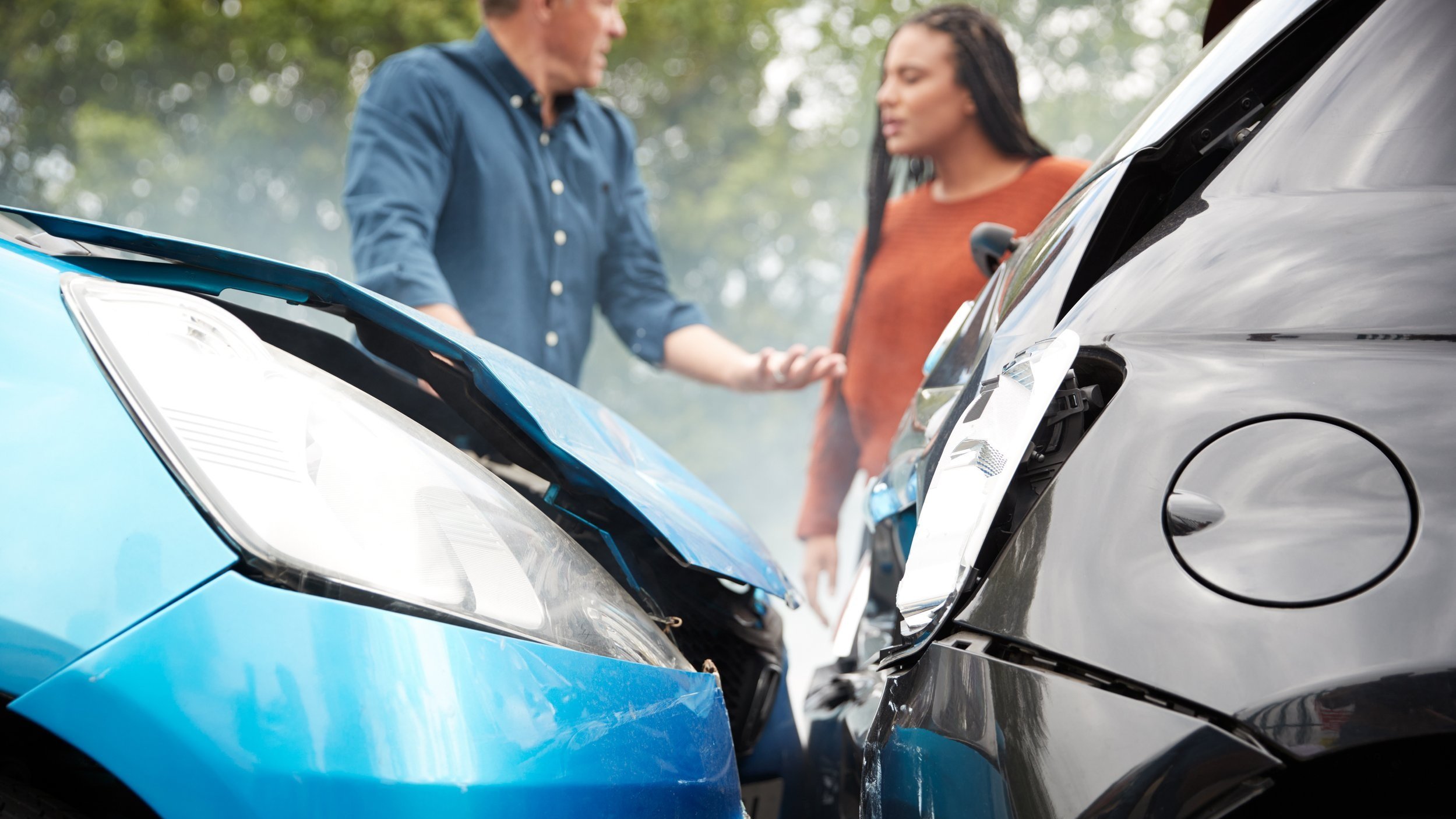Getting into a car accident can turn your day—or your life—upside down in an instant. Emotions are high, your adrenaline is pumping, and it’s easy to feel overwhelmed. But it’s during these crucial moments that your actions can significantly impact your legal rights and future. Whether it’s a minor fender bender or a serious collision, knowing what to do (and what not to do) is essential. Let’s break it down, so you can be prepared to protect yourself.
First Things First: Stay Calm and Assess the Situation
When an accident happens, the initial shock can be disorienting. But staying calm is your first line of defense. Take a deep breath, and quickly assess the situation. Are you or anyone else injured? Is it safe to exit the vehicle? Before anything else, make sure you’re in a secure place to avoid further harm.
The Do’s
Check for injuries – Your health and safety come first. If anyone is injured, call 911 immediately. Even if injuries seem minor, it’s still a good idea to seek medical attention to ensure nothing serious is overlooked.
Move to safety – If the accident is minor and vehicles are drivable, move them to the side of the road to prevent additional accidents. Turn on your hazard lights to alert other drivers.
Call the authorities – Reporting the accident to the police is crucial, even if it seems minor. A police report can be invaluable when dealing with insurance companies or potential legal action.
The Don’ts
Don’t leave the scene – Fleeing the scene of an accident, even a small one, is illegal and could lead to serious criminal charges.
Don’t lose your cool – It’s easy to get frustrated or angry, but arguing or admitting fault on the spot can complicate matters later. Stick to the facts and keep conversations civil.
Document Everything: Your Best Defense
Once everyone is safe, it’s time to start documenting. This might sound tedious, but it’s a step you can’t afford to skip if you want to protect your rights after a car accident. The more information you gather at the scene, the stronger your case will be, should it come to that.
The Do’s
Take photos and videos – Capture the scene from multiple angles, showing damages to all vehicles, any visible injuries, road conditions, and traffic signs. Visual evidence can be powerful.
Exchange information – Get the names, addresses, phone numbers, and insurance details of all drivers involved. Also, note the make, model, and license plate numbers of the vehicles.
Speak to witnesses – If there are any bystanders, ask for their contact information and a brief statement of what they saw. Their testimony could be important down the line.
The Don’ts
Don’t forget to file a report – In some states, you’re legally required to file a report with the Department of Motor Vehicles (DMV) after an accident, even if the police were involved. Failing to do so can lead to fines or license suspension.
Don’t rely solely on memory – With everything happening at once, it’s easy to forget details. That’s why taking notes and getting written statements is critical.
Handling Insurance: Playing it Smart
Dealing with insurance companies can be a minefield. Their goal is often to minimize payouts, so you need to be strategic in your interactions.
The Do’s
Notify your insurance company – Report the accident as soon as possible. Provide them with all the facts, but stick to the details. Your policy likely requires prompt reporting, and delaying could impact your coverage.
Keep a paper trail – Document all communication with the insurance company, including dates, times, and the names of the representatives you speak with. This can be crucial if disputes arise.
The Don’ts
Don’t admit fault – Even if you think you were to blame, it’s best not to make any admissions. Fault is often more complicated than it first appears and is something that should be determined after all facts are considered.
Don’t accept the first settlement offer – Initial offers from insurance companies are often low. Consult with a legal professional before agreeing to any settlement to ensure it’s fair.
The Legal Side: When to Get Help
Sometimes, despite your best efforts, things don’t go as planned. Maybe the other driver disputes what happened, or their insurance isn’t covering your damages. This is where legal expertise can make a huge difference.
The Do’s
Consult an attorney – If the accident resulted in significant injuries, property damage, or legal complications, getting advice from an attorney is wise. They can help you navigate complex legal waters and protect your rights.
Understand the statute of limitations – Each state has a deadline for filing a personal injury lawsuit after an accident. Make sure you’re aware of this timeline and take action before it’s too late.
The Don’ts
Don’t sign anything without legal advice – Insurance companies may pressure you to sign documents quickly. Never sign anything that you haven’t fully reviewed or that hasn’t been checked by a legal professional.
Don’t downplay your injuries – Sometimes, injuries like whiplash or internal damage aren’t immediately apparent. Always follow up with your doctor and keep records of all medical treatments related to the accident.
Wrapping It Up: Be Prepared, Not Scared
Nobody wants to think about getting into a car accident, but knowing what to do if it happens can save you a lot of headaches. Remember to stay calm, document everything, handle insurance smartly, and seek legal help if needed. By keeping these do’s and don’ts in mind, you’ll be in a much better position to protect your rights and move forward after an accident.




